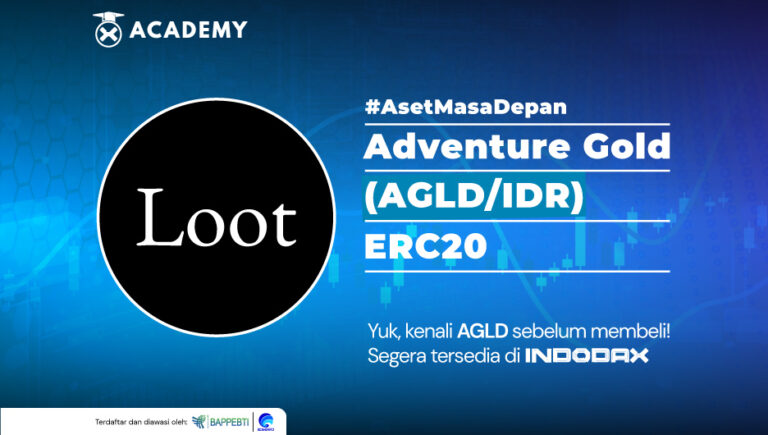In May 2016, Japan announced that they officially categorized Bitcoin as a currency that could be transacted and spent by its residents. Along with this news, DMM, one of the biggest entertainment companies in Japan, stated that they now accept payments in the form of Bitcoin for all products and services they sell.
Regulations related to the circulation of Bitcoin in Japan are being finalized with the possibility of digital assets such as Bitcoin being regulated by the Japanese Financial Services Agency, which also regulates transactions and circulation of the local Yen currency.
It is undeniable that Bitcoin can make someone send money from their smartphones to friends who are in other parts of the world in seconds and at no cost. The greatness of Bitcoin makes entrepreneurs and the government can not underestimate it. Bitcoin can no longer be ignored, but the technology must be studied and applied to support better work system efficiency.
Besides Japan, Bitcoin is also categorized as a currency by Luxembourg, which recently granted legal permission to one of the giant Bitcoin exchanges called Bitstamp to operate in Europe and process Bitcoin-Euro trading conducted by the global community. Late last year, the British Government agreed to inject funds amounting to 14.6 million US dollars to build a special research institute that focuses on the development of digital assets and the Blockchain technology that is predicted to revolutionize the world as well as the Internet a few decades ago.
As if not wanting to be left behind, a Swiss city called Zug has now also received payments via Bitcoin for public services provided by the government. Mayor Dolfi Müller stated that this step was taken to demonstrate Swiss openness to new technologies and as a form of support in helping FinTech companies to innovate with this technology.
The United States, especially in the New York area, has its own regulations related to Bitcoin, known as BitLicense, and many companies operating in the country that accept payments via Bitcoin, such as Microsoft, Overstock, Rakuten, and Time Inc. Like the regulations in Japan and the UK, BitLicense appears to help companies implement KYC and anti-money laundering regulations in the digital assets business.
In recent months, Bitcoin has proven to be getting more support than superficial criticism as it received two years ago. Only a few countries like Russia do not support the circulation of Bitcoin in their countries, but they continue to study the technology behind Bitcoin to be applied to the performance of the central bank. Countries in the world, especially countries that are incorporated into the European Union, are increasingly open to Bitcoin and decided to accept its existence in order to continue to compete in the outside world. It is also possible that Bitcoin, a currency that is spread and used in various parts of the world, can truly emerge as a global currency in the future.








